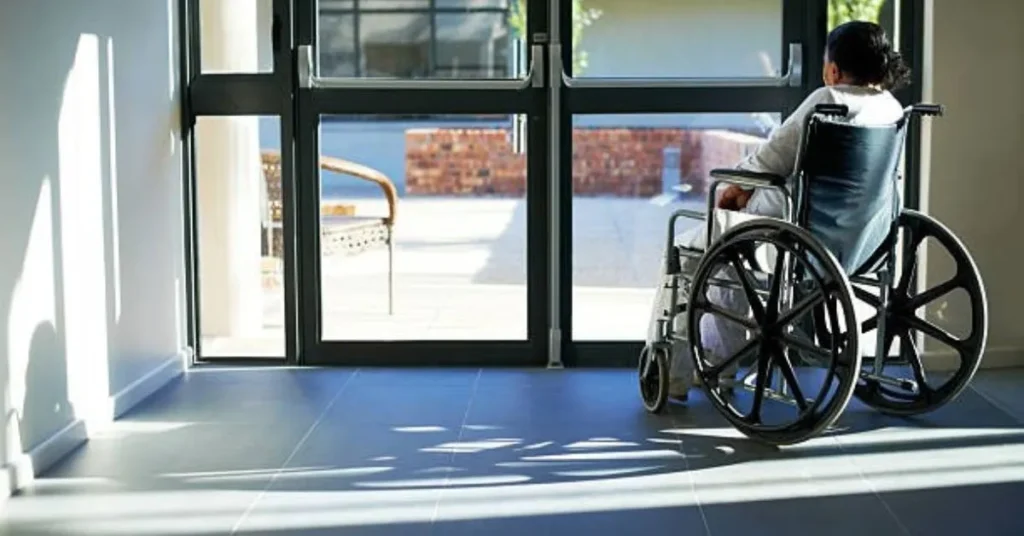Nursing home neglect happens when residents in long-term care facilities don’t get the care they need. This lack of proper attention can cause serious harm, illness, or even death.
Nursing home neglect can take many forms. Sometimes it is medical neglect, such as failing to treat an infection or making dangerous medication errors.
Other times, it is neglect of basic needs, such as not providing residents with enough food or water. It can also involve poor hygiene, dirty living conditions, or even social neglect, where residents are ignored or isolated.
Neglect is not always violent like direct abuse, but it can be just as dangerous. Untreated medical issues can lead to sepsis. Lack of food or water causes dehydration and malnutrition.
Poor hygiene can cause skin infections and bedsores. Social isolation can lead to depression and a decline in mental health.
Contents
What Should You Do First?
The most important step is to ensure immediate safety. If you believe your loved one is in danger, call 911 right away. Emergency responders can remove them from the facility and get them medical care.
If the situation is not an emergency, begin by documenting what you see. Take notes with times and dates. Record injuries, dirty living spaces, or changes in your loved one’s behavior. Photos of injuries or unsanitary conditions can serve as strong evidence later.
Talking to your loved one in a calm way can also help. Ask open-ended questions and let them share what they feel. Sometimes, residents are scared to speak up, so patience is important.
If you need help reporting neglect or want extra support, several organizations are available. The National Center on Elder Abuse and the Eldercare Locator both provide guidance and connect you to local resources. You can also call national hotlines like the Elder Abuse Hotline or the NCEA.
Local ombudsmen, advocacy groups, and medical professionals are also important allies. Doctors can identify whether an injury or condition is linked to neglect.
Who Should You Report Neglect To?
You do not need absolute proof to report neglect. Reasonable suspicion is enough. Reports can be made anonymously in most cases.
You can contact:
- Local law enforcement for emergencies.
- Adult Protective Services (APS) for investigations into neglect or abuse.
- The long-term care ombudsman in your state who advocates for residents’ rights.
- The state health department, which oversees nursing home safety.
Each of these agencies can investigate and act. Social workers may also get involved to help ensure your loved one is safe and receiving proper care.
Should You Speak to the Facility Directly?
Yes, but with caution. You can raise concerns with the nursing home administrator or management.
Share your observations and ask for explanations. However, do not rely only on their response, especially if you suspect widespread neglect. Sometimes, facilities downplay problems to protect themselves.
Before going to management, it can be helpful to talk to an experienced nursing home attorney. They can guide you on whether to confront the facility directly or go straight to outside authorities.
Can Legal Action Be Taken?
Yes. Families have the right to pursue financial compensation through lawsuits if their loved one was harmed by neglect. Nursing home abuse lawyers specialize in these cases and can hold facilities accountable. Lawsuits can cover medical costs, relocation expenses, and damages for suffering.
It is important to act quickly, because every state has time limits called statutes of limitations. If you wait too long, you could lose the chance to take legal action.
Key Takeaways
- Nursing home neglect happens when residents do not receive proper care, leading to harm or illness.
- Warning signs include sudden weight loss, poor hygiene, dehydration, repeated falls, and unsanitary conditions.
- Ensure immediate safety by calling 911 if danger is present.
- Report concerns to APS, local police, the state ombudsman, or the health department.

